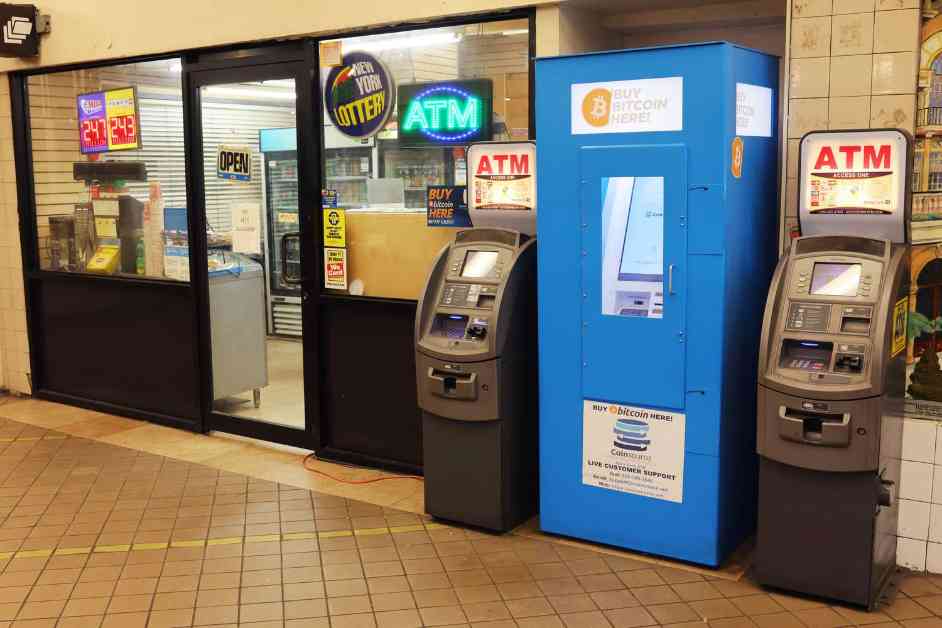Bitcoin ATM Scams: A Growing Threat to Consumers
Bitcoin ATM scams have been on the rise in recent years, with the Federal Trade Commission (FTC) reporting a significant increase in consumer losses. In 2023, reported losses from these scams exceeded $110 million, marking a nearly tenfold increase since 2020. The trend has continued into 2024, with losses in the first six months alone surpassing $65 million. These figures underscore the urgent need for consumers to be vigilant when it comes to using bitcoin ATMs.
Targeting Vulnerable Populations
One concerning trend highlighted by the FTC is the disproportionate impact of bitcoin ATM scams on older adults, particularly those over the age of 60. According to the data, older adults are more than three times as likely to fall victim to these scams compared to younger individuals. The median loss for all age groups during this period was a staggering $10,000, emphasizing the financial toll these scams can take on victims.
How Bitcoin ATM Scams Operate
Bitcoin ATMs, which are often located in high-traffic areas such as convenience stores and gas stations, provide scammers with a convenient tool for their illicit activities. These fraudsters typically impersonate government officials, businesses, or tech support agents to create a false sense of urgency in victims. By convincing individuals to withdraw money from their bank accounts and deposit it into a bitcoin ATM using a provided QR code, scammers are able to swiftly transfer the funds into their own crypto accounts.
The irreversible nature of bitcoin and other cryptocurrency transactions poses a significant challenge for victims of these scams. Once a payment is made, there is no recourse available, leaving victims with limited options for recovering their lost funds. The FTC warns consumers to exercise caution and refrain from sending money through a bitcoin ATM at the behest of unknown parties.
Challenges Faced by Bitcoin ATM Operators
Despite efforts by bitcoin ATM operators to implement fraud prevention measures, incidents of scams persist. Operators like Bitcoin Depot (BTM) have emphasized their commitment to regulatory compliance and consumer protection. However, the COO of Bitcoin Depot, Scott Buchanan, acknowledged that not all fraud can be prevented. While operators provide warnings during transactions and offer live customer support, scammers continue to find ways to deceive consumers.
The FTC advises consumers to take a proactive approach to protecting themselves from bitcoin ATM scams. By slowing down, verifying any suspicious communications, and avoiding hasty decisions to send money through a bitcoin ATM, individuals can reduce their risk of falling victim to these fraudulent schemes.
In conclusion, the rising prevalence of bitcoin ATM scams underscores the importance of consumer awareness and vigilance in the digital age. By staying informed about common scam tactics and exercising caution when using bitcoin ATMs, individuals can safeguard their finances and avoid becoming victims of fraudulent schemes.

















